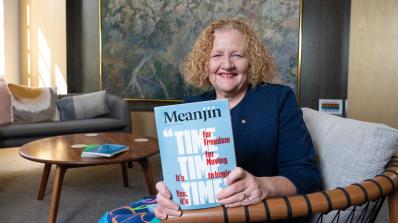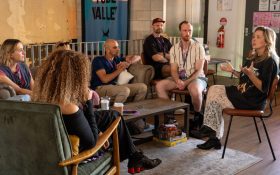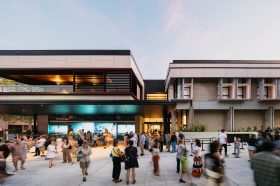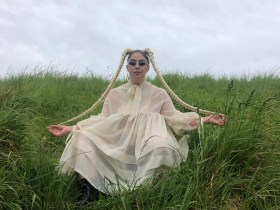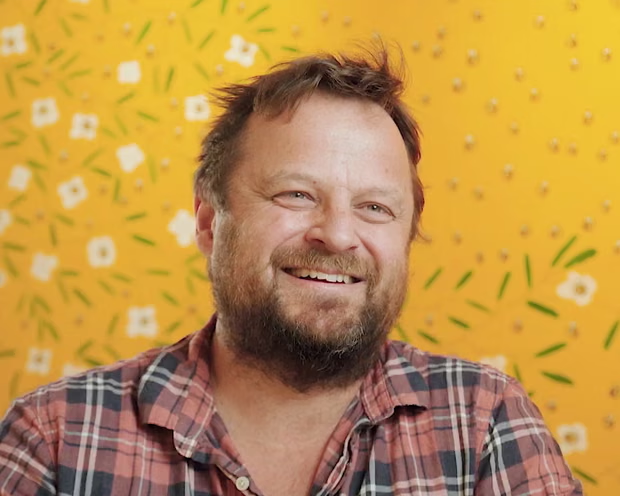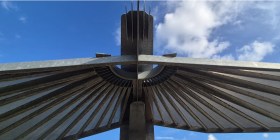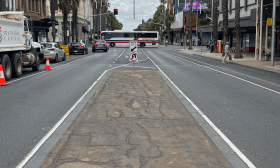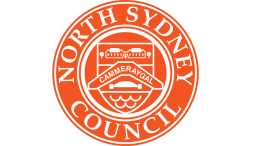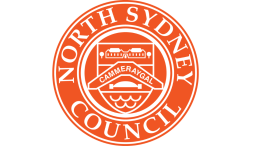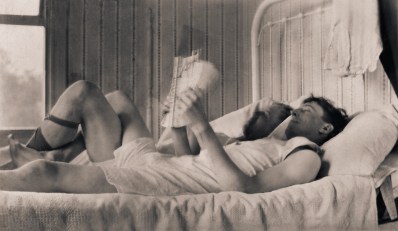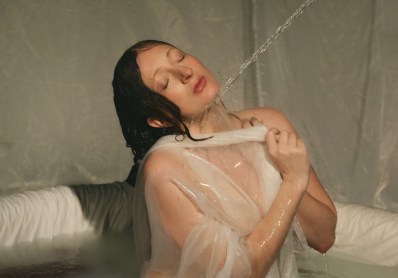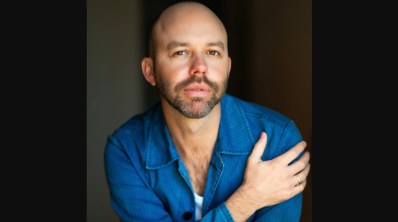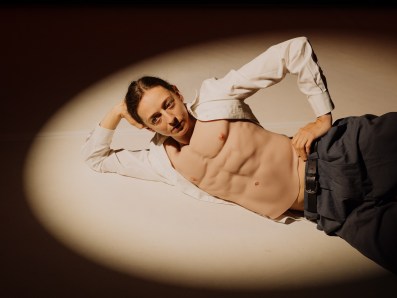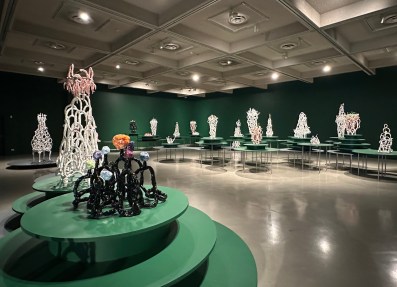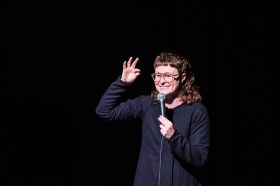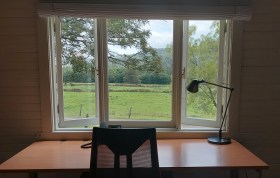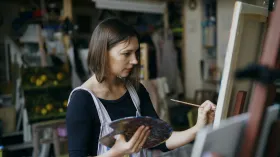
Deputy CEO & Executive Director, Commercial & Operations
Salary >$130,000
Closing
Mar 1, 2026
Welcome to ArtsHub, the home of the Australian Art Industry. Arts News of the Performing Arts, Visual Arts or explore the talented art forms of writing or screen. The ArtsHub website is the place to view the latest Arts Jobs with our comprehensive list of current positions available, and insights to start an art career. Check out the latest Art Exhibitions around Australia. ArtsHub also brings you the many Australian Arts Competitions, Arts Grants and Art Submissions that are available in each state, this includes Writing Competitions, such as Short Story or Poetry, and Art Prizes that you need to know about. Residencies and Artist in Residence Opportunities here in Australia or overseas. Our talented team takes the time to review the latest in the art world with independent reviews and opinions. We advertise and promote a national list of festivals and programs and events for all art forms. Art students have access to Latest Courses, both online or in class. Become a member of the ArtsHub Community. Advertise opportunities with ArtsHub.

